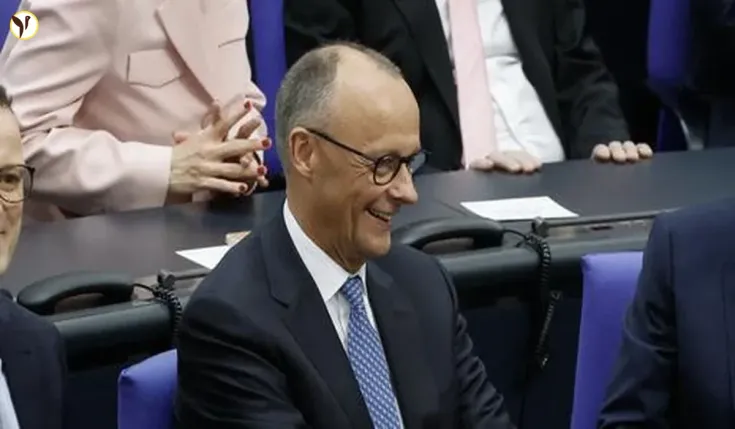Merz Kanzlerwahl: A Historic First for German Politics
German politics witnessed a dramatic turn on May 6th, 2025, as CDU leader Friedrich Merz faced an unprecedented challenge in his bid for Chancellorship. For the first time in German history, a candidate failed to secure a majority in the initial round of voting in the Bundestag. This article delves into the surprising events, the subsequent second round, and the implications for Germany's future.
A Shocking First Round
The morning began with seemingly high confidence. Both Merz and SPD leader Lars Klingbeil predicted a smooth election. Yet, the secret ballot revealed a surprising outcome: Merz received only 310 votes, six short of the required 316. This unprecedented failure sent shockwaves through the political establishment, immediately triggering discussions about the coalition's stability and Merz's leadership.
The Second Round and Victory
Following this unexpected setback, a second round of voting was hastily arranged. This required the agreement of two-thirds of the parliamentary groups, which was secured with the support of even opposition parties, highlighting the seriousness of the situation and the urgent need for a functioning government. In a nail-biting second attempt, Merz finally secured the Chancellorship with 325 votes. The relief was palpable, but the initial failure left an undeniable mark on his authority.
Reactions and Implications
The initial failure of the CDU/CSU and SPD coalition to elect their candidate sparked immediate international attention. Reactions ranged from dismay and uncertainty to cautious optimism. The AfD celebrated the initial failure, highlighting the perceived weakness of the coalition. However, other parties emphasized the need for stability and quickly agreed to expedite the second round of voting. The event underscored the fragility of the coalition and raised questions about the strength of Merz’s leadership.
Merz's First Day: A Busy Start
Merz wasted no time in asserting his authority. His first day as Chancellor included trips to Paris and Warsaw, signaling a commitment to strengthening European ties and addressing critical issues like the war in Ukraine and migration. These early diplomatic engagements aim to project a strong image of decisive leadership on the world stage.
Conclusion: Uncertainty Remains
Friedrich Merz's election as Chancellor marks a pivotal moment in German history, but the initial failure leaves lingering questions. While the new government is formed, the narrow margin of victory and the deep divisions exposed in the first round of voting signal a period of potential instability. The next few months will be crucial in assessing the durability of this coalition and the effectiveness of Merz's leadership.






